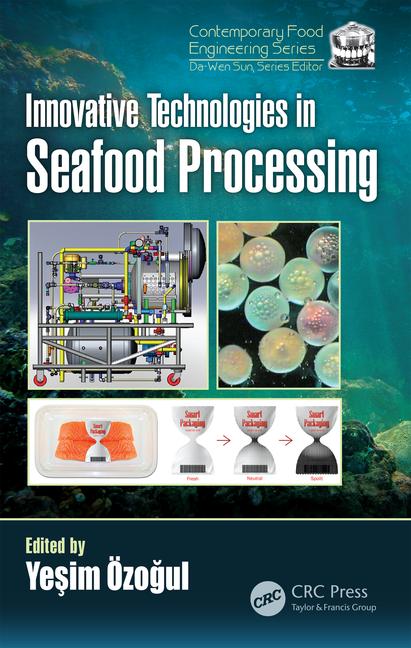Refrigerated & Frozen Foods: In your opinion, why should a processor or third-party warehouse operator hire a warehouse auditor?
Ed Frazelle: Objectivity and methodology. Chosen properly, the third party [auditor] should bring objectivity (it’s hard to be a prophet in your home town) and a well-organized methodology that probably won’t be available internally.
R&FF: How should operators select an outside auditor?
Frazelle: One of the first things to look for is integrity in the firm and individuals conducting the audit. Everyone will bring a bias to the table. The bias of the chosen party should be the best interest of the client. Unfortunately, many firms conduct audits for free - or for a substantially reduced price - in hopes that their findings will lead to greater sales. As it has been said many times, there is no free lunch. We have worked very hard over the years to remain free from ties of any kind to hardware, software, or services vendors. I have always been concerned that those ties might bias the advice we give.
Another thing to look for is the source of their baseline for the audit. We have spent more than 20 years working with, teaching and researching clients from literally all over the world to develop a database of world-class practices and performance targets. If the baseline is off and the targets are off, the audit is worthless.
One last thing to look for is the credentials of the individual(s) conducting the audit. Sometimes a firm may have a good audit process, but if the individual(s) conducting the audit are inexperienced or unqualified, the results will be too.
R&FF: Have your firm's warehouse auditing services changed during the past few years?
Frazelle: Not that much. Our audit is based on my World-Class Warehousing book and seminar. I have always focused on timeless principles versus trends and fads. Those timeless principles for warehousing have not changed that much over the years.
One unique feature of our audit process is the way we combine it with education around the principles. We use a process called ConsulCation to conduct the audit alongside the client. Of course, the performance targets change each year as we update our logistics performance database.
R&FF: In your opinion, what are operators' biggest misperceptions about the warehouse audit process? What should they know that they may not realize?
Frazelle: No one firm or individual holds all the answers. Every audit process is based upon a past experience. As a result, there will be some bias built into every audit. The bias needs to be geared toward the best interest of the client and the lack of bias. Also, audits are conducted by individuals, not firms. The individual conducting an audit needs to be evaluated as much or more so than the process or firm.
R&FF: Anything else you'd like to note?
Frazelle: Sometimes we conduct our warehouse audits in isolation, but we recommend that the warehouse audit be conducted as a part of our full supply chain assessment. The reason is that the warehouse does not, or should not, operate in isolation in the supply chain. The performance and practices in the warehouse depend upon the customer service policy, inventory plan, supply strategy, and transportation plan.
In the supply chain assessment, we audit the client’s performance and practices based upon our proprietary model of supply chain logistics, which includes customer service, inventory management, supply, transportation, and warehousing.
Dr. Frazelle is a doctoral graduate in industrial and systems engineering from the Georgia Institute of Technology and a Valedictorian graduate in industrial engineering from North Carolina State University. In addition to his work as an educator and consultant, Frazelle has authored, co-authored, and/or contributed to seven books and more than 20 articles on logistics including World-Class Warehousing and A Blueprint for World-Class Logistics. Readers may contact him at (404) 814-0712 or visit www.lriinc.com.








